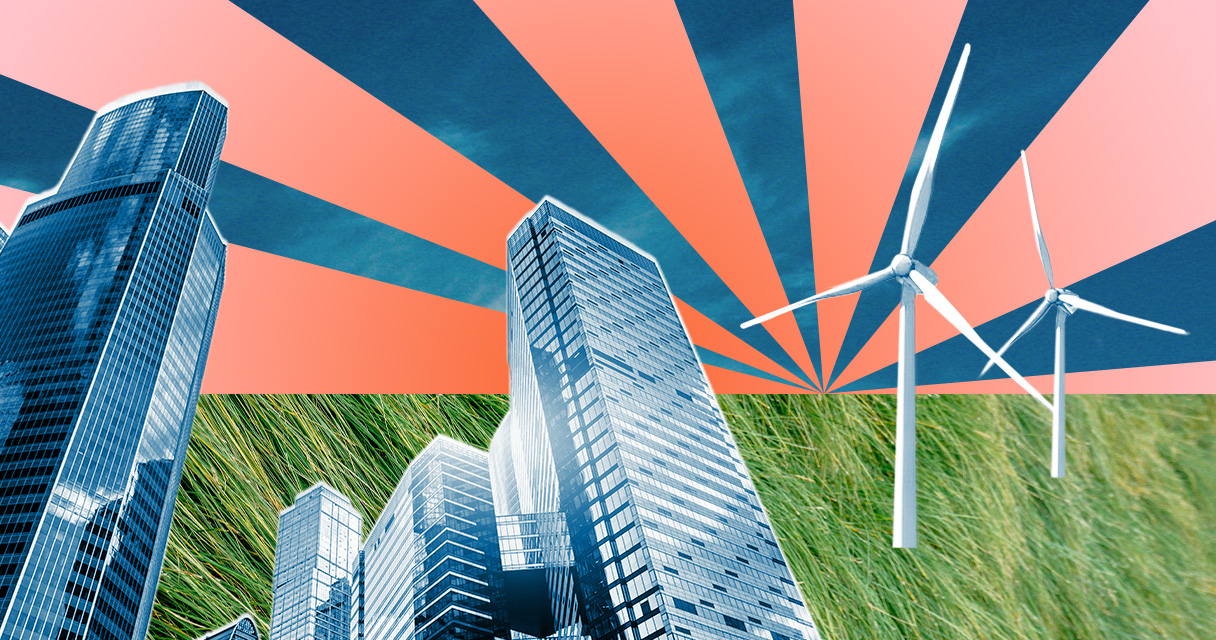The transition to a clean economy must be inclusive
Careers for Net Zero is committed to supporting all Australians in finding their role in the clean economy

Economic transition affects everyone, and must include everyone. This is both a moral and practical reality. It also makes simple business sense.
Time and again, diverse and inclusive workforces have proven to be more innovative, collaborative, dedicated and productive. They also create better mental health outcomes and higher retention rates.
Given the urgency of our transition to a clean economy, a key foundation of Careers for Net Zero is to ensure that all parts of society are involved in this effort.
“To grow the energy workforce at the scale and pace required, we need to diversify the workforce and broaden the talent pool.” – Jobs and Skills Australia 2023, The Clean Energy Generation, p. 224.
The sectors that are central to a clean economy transition – energy, mining, transport, finance – have historically been male-dominated, low on Indigenous employment, and difficult for migrants to access. We want to change this.
Inclusive of women
Just three per cent of electricians are women. Just 22 per cent of engineers are women. These statistics have hardly changed in three decades.
“Being women in STEM, we are a much smaller proportion of the industry. We come in with a different perspective and a different way of solving problems.” – Caitlin Nicholas, Careers for Net Zero Engineer champion
The organisations behind Careers for Net Zero – the Clean Energy Council (CEC) and the Energy Efficiency Council (EEC) – are committed to gender equity. We have signed up to Equal by 30, a global campaign for equal pay, equal leadership and equal opportunities for women in the energy sector. Our organisations are supporting women into leadership roles through the Chloe Munro Scholarship for Transformational Leadership for emerging and current female leaders in renewable energy, energy management and carbon abatement.
The CEC’s Women in Renewables program provides scholarships, mentoring programs, networking opportunities and special events to support and champion women working in the renewable energy industry. The EEC’s Diversity, Equity and Inclusion Strategy focuses on advancing the careers of women within the EEC, its membership, and the wider energy management sector.
Inclusive of First Nations Australians
First Nations people represent less than two per cent of the clean energy workforce. This is well below the 3.8 per cent that Aboriginal and Torres Strait Islander people represent nationally.
There is much work to do to increase Indigenous employment in the clean economy workforce, and that is just one part of a wholesale acknowledgment and inclusion of First Nations people into decision-making, ownership, and participation in the clean economy, not an isolated focus.
The CEC and EEC support the Uluru Statement from the Heart,[1] and are actively working with the First Nations Clean Energy Network towards better enabling First Nations people and communities to share in the economic benefits, job opportunities and lower-cost reliable power offered by renewable energy and energy management.
The Electrician champion for Careers for Net Zero is Orson King, a Ngarigo/Monero and Gunditjmara man from Gunaikurnai Country in Gippsland, Victoria, and someone who is committed to seeing more First Nations Australians working in renewables.
“I’m of First Nations descent, and trying to be a role model for other Aboriginal kids.” – Orson King, Careers for Net Zero Electrician champion
Inclusive of migrants
Jobs and Skills Australia found that “overseas-born engineers are significantly more likely to be unemployed or underemployed,” and that this represents “a missed opportunity for Australia.”[2]
Careers for Net Zero is supporting people from diverse backgrounds to be role models. Our champions come from diverse backgrounds. Darren Smith, our Blade Technician champion, moved to Australia after working in Europe and the US. Our Investment Analyst champion, Shadah Orfinejad, is the daughter of an Iranian who came to Australia with very little. She is the first in her family to attend university, and emphasises there is plenty of opportunity for those wanting to move into a clean economy career.
“I think my family are immensely proud – they understand the importance of the transition away from fossil fuels. They started with very little. My dad came to Australia in the late 1980s after being persecuted in Iran and found work as a bus driver and a truck driver, and my mum didn’t exceed year 10.” – Shadah Orfinejad, Careers for Net Zero Investment Analyst champion
The need for – and the benefits of – a more diverse, equitable and inclusive workforce are clear, particularly for Australia’s employers.
The challenge now sits with those employers – with organisations large and small – to make sure that not only are they doing what they can to create more diverse hiring practices, they are also making their workplaces more inclusive.
When people with diverse talent, skillsets and cultures come together in a workplace that values and includes everyone, the benefits for all are multiplied.
It’s time to move.
[1] See the CEC’s and EEC’s public statements here and here.